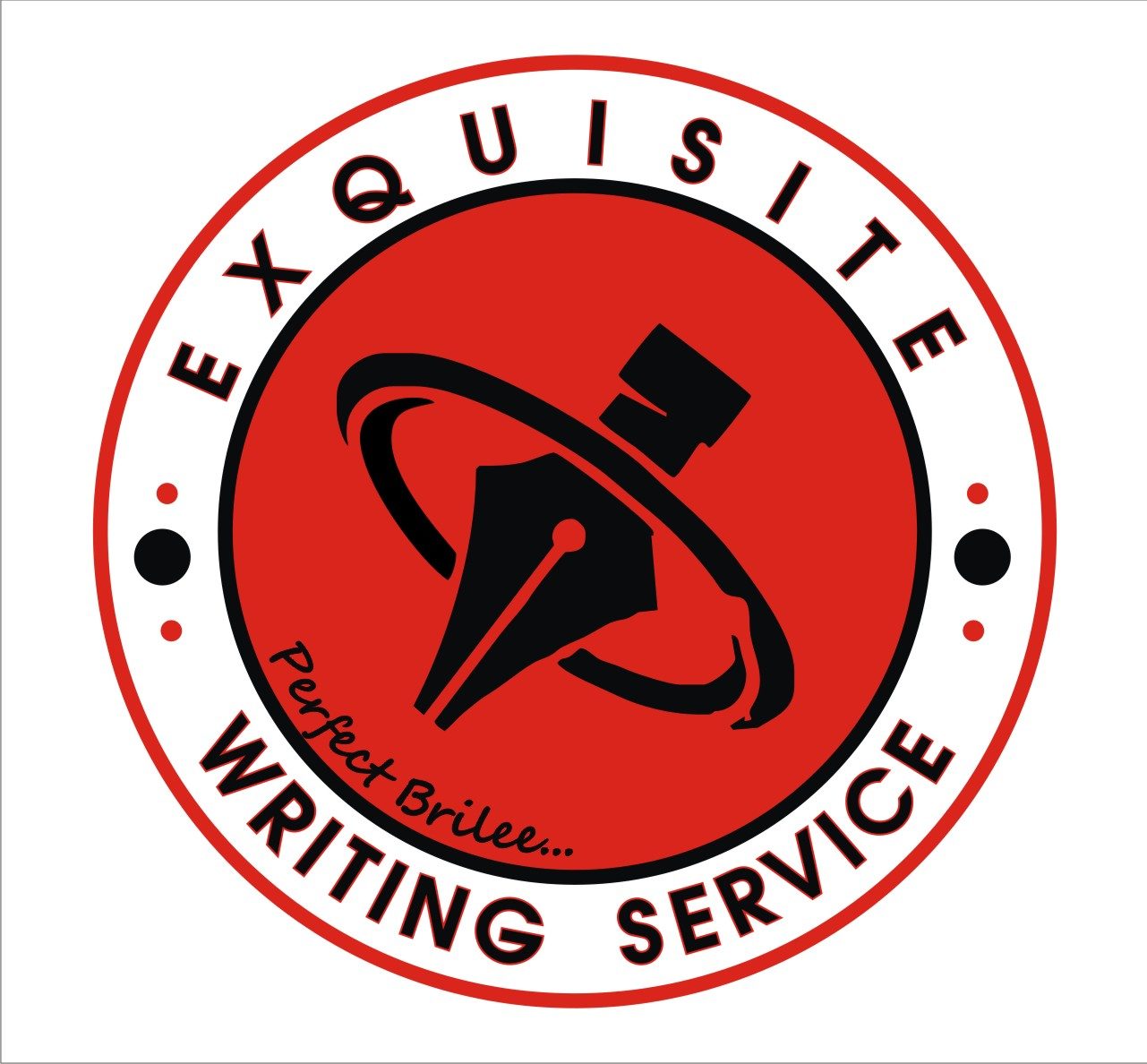Writers are big fans of good quotes. We plaster them on notebooks, mugs, and Pinterest boards like creative war paint.
But let’s be real—some of the repeated and famous “writing wisdom” on the internet is… well, pure writing myth.
This weekend, we’ll uncover a few of these famous writing myths. Then, you can see the ones that does not hold water—and fit in the recycle bin!
15 Famous Writing Myths You Should Immediately Thrash
Here is the list of 15 myths you should scrape off your head:
Myth #1: “Write Drunk, Edit Sober”
- Attributed to: Ernest Hemingway
- Fact: Hemingway never said this
Of course, it’s a catchy quote that suggests something superb: uninhibited creativity followed by disciplined editing.
The origin of this quote is from internet folklore.
And to be real, when you write drunk, it will mostly lead to typos, not anywhere near being a literary genius.
The reality:
Yes, the first draft should always be unfiltered and free-flowing. And yes, it doesn’t require Merlot.
Explore this Instead:
When you write, freewrite like nobody is watching. Employ messy drafts to explore, not impress.
Then return with a clear head (and perhaps a strong cup of coffee) to revise your content with purpose.
Myth #2: “Real writers write daily.”
- Why it sounds good: Grit! Discipline! Daily word count!
- Why this is misleading: Life is messy. In addition, creativity isn’t a faucet.
For some writers, writing daily works for them.
For others, they enjoy writing in waves, bursts, or just on weekends.
Therefore, consistency matters. Nonetheless, it doesn’t mean writing 500 words before sunrise each day.
Pro Tip:
Pay attention to building a rhythm that matches your life, not another person’s hustle.
Myth #3: “Kill your darlings.”
- Attributed to: William Faulkner, plus every writing workshop ever
- Reason for overuse: It’s often misunderstood.
“Killing your darlings” does not just mean deleting all the beautiful things you have written.
It just means cutting anything—regardless of how well-written—that doesn’t fit the story.
Ask yourself:
Does this line enhance the story? Or is it simply just showing off your vocabulary?
Myth #4: “You must find your voice before writing.”
- The pressure it brings: This simply means that every writer needs to sound like literary unicorns from the start.
- The fact: You can find your voice when writing. Lots.
Voice is being found through play, practice, and showing up—even when you get the feeling of a wordless sponge.
Better advice:
It’s important to keep writing and experimenting. Your voice will keep growing.
Myth #5: “If it’s not tough, you’re doing it the wrong way.”
- Common belief: Suffering equals serious writing.
- Why this is bad: While writing can be tough, it’s not a badge of pain.
When you write, there are days when you will grind. Others will completely feel like magic.
Yes, it’s still the same you, a passionate writer.
Keep in mind that joy and ease are never enemies of excellent writing. On the contrary, they are your secret weapon.
Myth #6: “You need to outline everything before writing.”
- Attributed: A Plot Police that doesn’t exist
- Reality: While outlining works wonders for some writers? For others, it simply kills their joy.
Some writers dwell on structure.
For others, they have discovered that their story builds as they write. Therefore, neither is better—just varying routes to the exact finish line.
Hot take:
Outlines are excellent tools, but they should not be rules. If they help your writing, use them. But if they don’t, burn them!
Myth #7: “You need not wait for inspiration.”
- Why it sounds good: Well, let’s ask: Does this sound romantic? Yes, it does! It’s simply like a muse will drop by with plot twists and lattes.
- But we don’t agree: Waiting for inspiration is one reason why a good novel never happens.
Writing is the actual cause of inspiration rather than the result. Therefore, sit down and start typing—the muse also likes momentum.
Try this:
Write one sentence. Then another sentence. Boom—you will get inspired.
Myth #8: “Never use adverbs.”
- It just doesn’t work: Thanks, Stephen King. However, should we now throw off an entire part of speech?
I don’t think so!
Yes, overusing adverbs can negatively impact your prose. But when it’s well-placed, they add spice.
Editing tip:
Cut lazy adverbs (“she ran quickly”) and replace them with stronger verbs (“he sprinted”). But you see “delicately,” “strangely,” or “gloriously, keep them when they work for you!
Myth #9: “Real writers use Google Docs.”
- Common culprits: Notion, Scrivener, goat-skin-bound journals, fountain pens, typewriters, goat-skin-bound journals.
- The truth: In the writing world, there’s no sacred software. Writers are encouraged to use only what works for them.
Even here at The Exquisite Writers, we have skilled writers who draft novels on their phones. For others, they use WordPad or sticky notes. There’s no single “official” setup.
Therefore, once you’re writing, you’re doing it correctly.
Writer wisdom:
Never be obsessed with the tools. Instead, be obsessed with the words.
Myth #10: “You need to be published to call yourself a writer.”
What We want: This myth should have been deleted from the internet yesterday.
Once you write, you’re a writer. That’s all. You just don’t need a book deal, a blue checkmark, or an agent,
You do not need permission to own your craft. Whether you are published or not, you’re still legit.
Myth #11: “If it’s taking longer, you’re doing it wrong.”
- What We think: This is false. This is because speed isn’t the same as quality. There are some writers who can crank out a first draft in just a month. For others, they might need a year or even more.
The truth? Writing shouldn’t be a marathon. Instead, it’s an endurance game. These masterpieces take time—and lots of rewrites.
Warm Reminder:
Just because it’s slow doesn’t mean that it’s broken. It might mean it’s working.
Myth #12: “Consistency over sustainability”
- Our Opinion: We marvel at how some people believe this! But we don’t think consistency is better than sustainability.
Suppose you can write daily, fine. But life is real. And burnout can happen to anyone. While consistency matters, sustainability is key, too! When you write three focused days a week, that would be better than stressing out for the seven days.
Reality check:
Write religiously and not necessarily regularly. Find your rhythm— and not someone else’s.
Myth #13: “Your first draft must be good.”
- What We Think: No, no, no. In fact, your first draft must be a mess.
That’s why it’s rightly called a rough draft for a reason. Think of this draft as clay. Later, you can shape it. Your only job would be to get the clay on the table.
Motto to live by:
Well, here is our indisputable quote: “Write ugly. Edit pretty.”
Myth #14: “There’s no money in writing.”
- Says who: There are several ways to get paid to write: content marketing, freelancing, marketing, self-publishing, blogging, ghostwriting, scripting, and more.
While it’s competitive, it’s never impossible. You’ll get customers who will pay you so well.
Proof
Some of us at The Exquisite Writers are wonderful proof that you can make a real income from writing online.
There are also thousands of writers who enjoy doing that!
Some even quit their jobs and go full-time writing full-time. Who knows? You could be next, not just with dreams, but with strategy.
Myth #15: “Great writers are born, not made.”
What do you think? Well, let’s speak for you. This is the biggest myth of all. Writing is no doubt a skill and not a superpower.
Yes, talent helps, but craft is also learned.
Every professional writer you admire once had content that cringed, too. The only difference? They kept writing.
The Right One:
Write. Revise. Rinse and Repeat. That’s the ideal “gift.” Never feel like you can never be a pro writer, even if you are not a fan of writing.
A Word of Caution for Writers
Busting these myths is so fun and freeing. Nonetheless, don’t fall into a trap. What trap?
The trap of rejecting all advice simply because it sounds quite rigid.
Truly, some “rules” exist because they help in building readable prose and strong habits.
Therefore, the key is identifying when you should follow the map and when you should carve your own path.
Stay open to feedback, but regularly filter it through your goals, voice, and your process.
Writing doesn’t translate to perfection—it’s completely about being consistent, authentic, and continually growing.
Final Thoughts
Writing advice and quotes can truly be magical.
But some of them are more myth than method.
Therefore, use what works best for you, question the rest, and never be afraid to make your own rules.
Great writing would not result from blindly following quotes and advice—it comes from understanding yourself, editing ruthlessly, and experimenting boldly.
So, what’s the drill? The next time you hear a famous writing tip, ask yourself:
Is this really wisdom or just another myth put on a vintage typewriter?
So, dear writer – Happy writing—and myth-busting—this weekend and beyond!


2 thoughts on “Debunking 15 Famous Writing Myths”